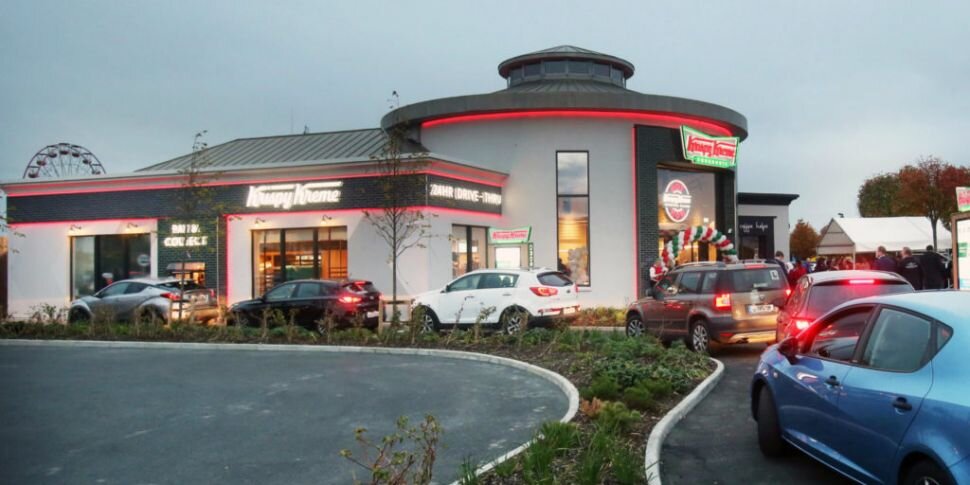
Why Reopening Drive-Thrus Puts Irish Health At Risk
McDonald's has confirmed that it will re-open some of its drive-thru restaurants in Ireland from next week, in line with the relaxation of government lockdown measures on 18th May.
The move is the first phase of the resturant's plan to reopen all its drive-thru sites by early June across Ireland and the UK. While much focus has been put on the economic impact of this move, little coverage has been given to the health impact of this issue stemming from the rise in emissions.
Clean air, good health
A recent research project from the Martin Luther University Halle-Wittenberg in Germany has found that high levels of air pollution may be one of the most important contributing factors in Covid-19 deaths - with 80% of deaths across four countries reported in regions with the highest levels of air pollution.
With road vehicles accounting for around 25% of all emissions worldwide, their emissions are the cause of over 500,000 early deaths in the EU alone - and the reduction in transportation during the current global pandemic has played a crucial role in both public health and tackling climate change.
Would you like emissions with that?
However, reopening drive thru restaurants could quickly undo all the benefits that we have witnessed in recent weeks.
A 2018 study by QSR magazine found that the average wait at a McDonald's drive-thu in the US took 3mins 15 seconds, with an average of 3.8 cars waiting at any time.
To put that into context, if the average motorist avoided idling for just 3 minutes every day of the year, CO2 emissions would be reduced by 1.4 million tonnes annually - equal to saving 630m litres of fuel, or the equivalent of taking 320,000 cars off the road.
Furthermore, idiling for any more than 10 seconds uses more fuel and produces more CO2 emissions than turning off and restarting your engine.
This demonstrates the sizeable and immediate impact that reopening drive-thru McDonalds restaurants could have at this critial time for public health, and for the future of our planet.
This is particularly important when we consider the emormous queues that formed on 23rd March when the fast food chain announced the closure of its restaurants due to Covid-19, which resulted major road traffic issues across the country.
This isn't the only instance, with the launch of Krispy Kreme's drive-thru in Dublin in 2018 resulting in drivers waiting for hours with their engines idling following the launch of the restaurant in Blanchardstown - which had knock-on effects, causing traffic delays across west Dublin.
Public health, private gain
As the new world begins to emerge on the otherside of lockdown - whenever that may be - we need to decide whether we want to continue take the same toll on public health and the environment in our daily lives.
At IrishEVs we are dedicated to promoting the adoption of electric vehicles in the fight against climate change and in the pursuit of a more sustianable lifestyle by tackling misinformation and shining a light on key issues in Ireland.
We would urge the Irish government to follow the lead of California, Missouri and New Jersey - as well as 27 Canadian cities - in banning the development of new drive-thru restaurants and to consider their future as part of our efforts to reduce national emissions - currently the third worst in the EU.
Drive-thus do not exists exclusively and those who operate them will continue to make money from customers who visit into their restaurants, but we cannot afford to put corporate gain before public and environmental health any longer.
What To Read Next
How EVs Can Save Lives
Find out how EVs can reduce emissions to lower air pollution in Ireland, and how the switch to electric cars can save over 500,000 lives across the EU each year
Pollution Exposure Rises While Driving With Open Windows
Driving with the windows open increases your exposure to harmful emissions by more than 90% according to new University of Surrey research



